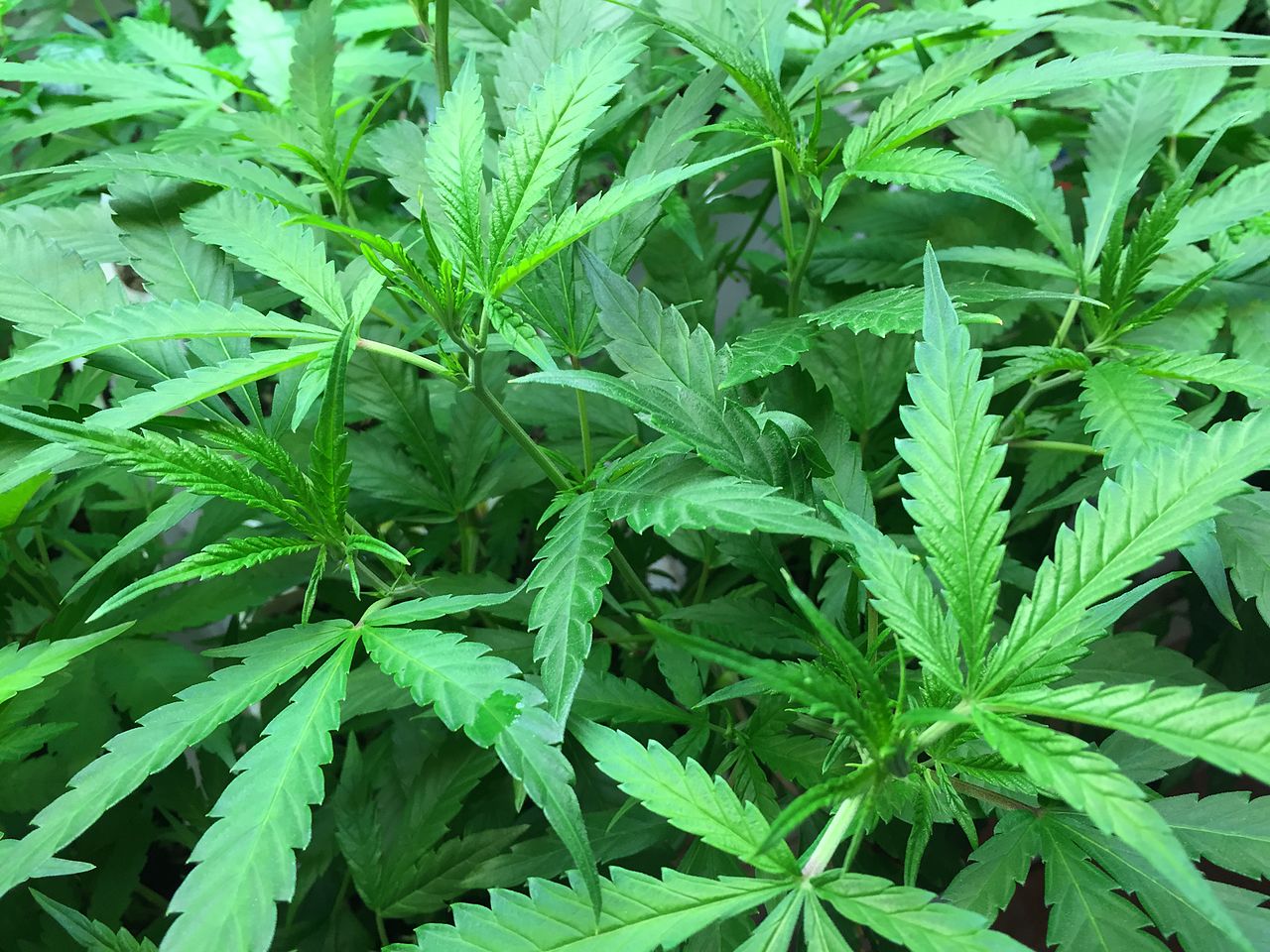KUALA LUMPUR, Jan 15 – The government will review the Dangerous Drugs Act 1952 and the Poisons Act 1952 to regulate cannabis and ketum for medical use, Health Minister Khairy Jamaluddin said.
Cannabis, or marijuana, is currently banned under the Dangerous Drugs Act that imposes extremely harsh penalties for the use of illegal narcotics.
Possession of 20g to less than 50g of cannabis is punishable with imprisonment of two to five years, and whipping. Possession of 200g or more of cannabis is presumed to be trafficking, which is punishable with a mandatory death sentence.
“We will review the Dangerous Drugs Act and the Poisons Act so that regulation of the use of substances like cannabis and ketum for medicinal purposes can be adapted according to scientific evidence and data, as well as the latest research, on their use,” Khairy said in his New Year message last Thursday to Ministry of Health (MOH) staff, according to a transcript of his speech provided to the press.
Ketum is regulated under the Third Schedule of the Poisons Act that regulates drugs and medicines. It is not technically illegal to plant ketum in one’s backyard, but Section 30 of the Poisons Act prohibits commercial harvest and sale of the psychoactive plant.
Amendments to the Poisons Act may be relatively challenging to pass Parliament, but revising the Dangerous Drugs Act is likely to encounter even significantly more resistance after decades of Malaysia’s war on drugs.
Khairy did not specify exactly how the government plans to amend the Dangerous Drugs Act, such as whether cannabis will be dropped entirely from the Dangerous Drugs Act to be regulated under the Poisons Act instead.
Malaysia’s National Pharmaceutical Regulatory Agency (NPRA) previously approved a prescription medicine derived from cannabis in 2014 to treat muscle spasms and spasticity from multiple sclerosis.
But Sativex — an oromucosal spray of a formulated cannabis extract with cannabidiol (CBD) as well as THC, the psychoactive chemical component in cannabis — was taken off the Malaysian market three years later as it was not commercially viable. Sativex was developed by GW Pharmaceuticals, a maker of cannabinoid therapeutics based in Ireland.
This means Malaysia currently has no registered marijuana-based treatment. Some conditions for which cannabis-based treatment has been advocated include epilepsy, neuropathic pain and chronic widespread pain as well as appetite problems, nausea and vomiting and pain in cancer patients.








